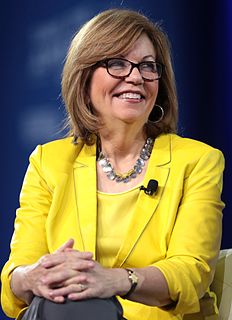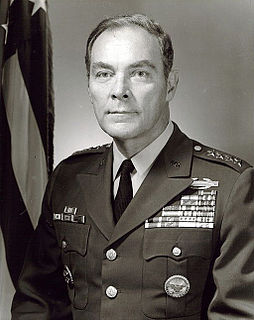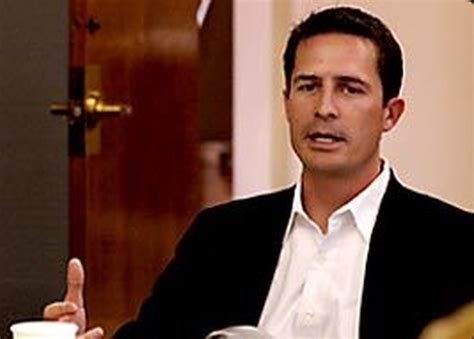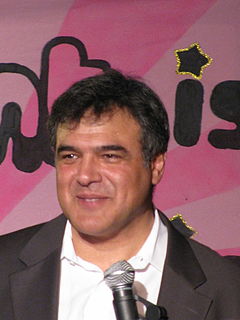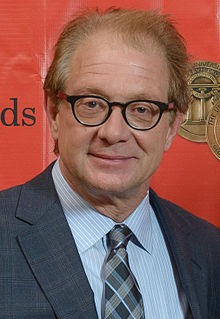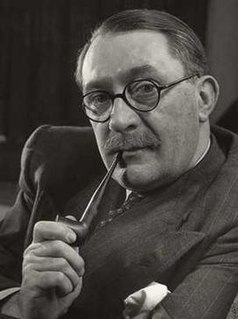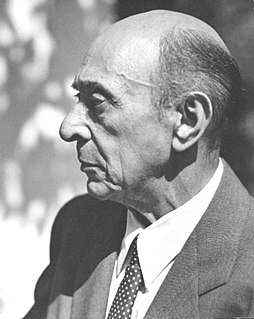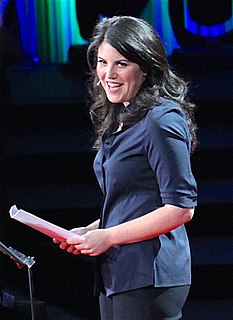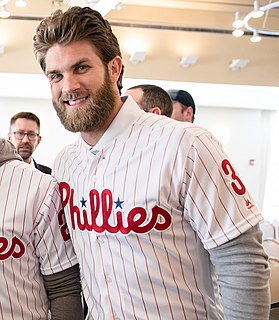A Quote by Dick Cheney
I got to be White House chief of staff, ten years of congressman, secretary of defense, vice-president. If you're a political junkie like I obviously am - that was - every one of those was just a tremendous experience. I'm very comfortable with what I did and why I did it and how I did it. And I'll let others judge whether they liked it or not.
Related Quotes
If Reince Priebus is, in fact, the chief of staff and operating as chief of staff, he is the most important staffer the president Donald Trump has. And it is not unusual for a president to set up some competing power centers, as Ronald Reagan did, but there`s nothing like being the chief of staff, which has so much say over what the president reads, who the president sees, who`s the last person the president talks to before he makes a decision.
I've never heard a White House staff say that the president was too stupid or too ill-informed to have broken the law. And that's really what it comes down to. The truth is, he leaked highly classified information that he shouldn't have leaked. It's one thing to say, "Hey, I'm the president. Nobody can punish me for that." It's another thing entirely to just deny that he did it. We know that he did it. And he really ought to own up to it.
How you staff, particularly the chief of staff, the national security adviser, your White House counsel, how you set up a process in the system to surface information and generate options for a president, understanding that ultimately the president is going to be the final decision-maker. That's something that has to be attended to right away.
I did it as first lady, I did it as a senator, I did it as secretary of state, and I know how hard it is. It's not something you do once or twice and then throw your hands up because it is grinding work. But it is necessary work. So I am really welcoming of the opportunity to meet with not only people who agree with me but those who don't to see what we can do to try to bridge the differences.
Cheney was among the best secretaries of defence the country has ever had. He was a very effective White House chief of staff. He did not make many enemies, and he had the ability to persuade people with that soft tone and very reasonable style of his. He's always been exceptionally good as the right-hand man.
The full thing is God-given. I don't know how I got my swing or what I did. I know I worked every single day. I know I did as much as I could with my dad. But I never really looked at anything mechanical. There was nothing really like, 'Oh, put your hands here.' It was, 'Where are you comfortable? You're comfortable here; hit from there.'
Changing things is not easy, and I say this without any irony. It is not that someone does not want to, but because it is a hard thing to do. Take Obama, a forward-thinking man, a liberal, a democrat. Did he not pledge to shut down Guantanamo before his election? But did he do it? No, he did not. And may I ask why not? Did he not want to do it? He wanted to, I am sure he did, but it did not work out. He sincerely wanted to do it, but did not succeed, since it turned out to be very complicated.

